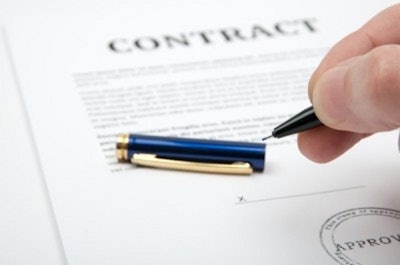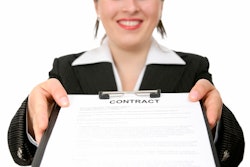
Originally published by Matthew DeVries on Best Practices Construction Law blog
Some will say that a “no damages for delay” clause is harsh. Well, it depends on which hat you wear. If you are a contractor, you have a reasonable expectation that you will be paid for the extra work to overcome a delay beyond your control, especially if the owner causes or contributes to the delay. If you are an owner, you may have an expectation that the contractor is not going to get extra compensation when there are delays to the project. Who’s right?
As a contractor, you need to first review your contracts for a “no damages for delay” clause. If one is present, then you will want to negotiate an “active interference” clause that defines what constitutes an active interference.
(read the entire article on the Best Practices Construction Law blog...)



















